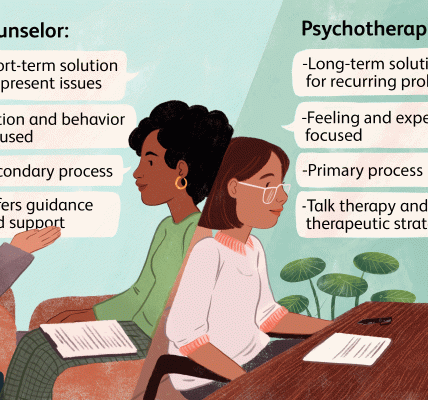Healthcare providers are essential professionals who play a crucial role in maintaining and improving our health. They offer a wide range of services, from preventive care to specialized treatments.
Types of Healthcare Providers
- Primary Care Physicians (PCPs):
- General practitioners (GPs) and family medicine physicians are the first point of contact for most healthcare needs.
- They provide routine check-ups, diagnose illnesses, and manage chronic conditions.
- They can refer patients to specialists when necessary.
- Specialists:
- Specialists focus on specific areas of medicine. Some common specialties include:
- Cardiologists: Heart health
- Dermatologists: Skin conditions
- Endocrinologists: Hormone disorders
- Gastroenterologists: Digestive disorders
- Neurologists: Nervous system disorders
- Oncologists: Cancer treatment
- Ophthalmologists: Eye health
- Orthopedists: Musculoskeletal system
- Pediatricians: Child health
- Psychiatrists: Mental health
- Specialists focus on specific areas of medicine. Some common specialties include:
- Nurses:
- Registered nurses (RNs) and licensed practical nurses (LPNs) provide essential care under the supervision of physicians.
- They administer medications, monitor vital signs, and educate patients.
- Nurse Practitioners (NPs):
- Advanced practice nurses who can diagnose and treat illnesses, prescribe medications, and provide patient education.
- Physician Assistants (PAs):
- Licensed medical professionals who work under the supervision of physicians.
- They can diagnose illnesses, prescribe medications, and perform procedures.
- Other Healthcare Professionals:
- Physical Therapists: Help patients improve mobility and function.
- Occupational Therapists: Assist patients in performing daily activities.
- Speech-Language Pathologists: Help patients with communication and swallowing disorders.
- Dietitians: Provide nutrition counseling and meal planning.
When choosing a healthcare provider, consider factors like location, insurance coverage, and personal preferences. Building a strong relationship with your healthcare provider is essential for optimal health outcomes. Regular check-ups, open communication, and adherence to treatment plans are key to maintaining good health.




